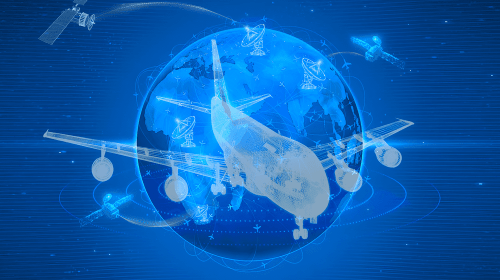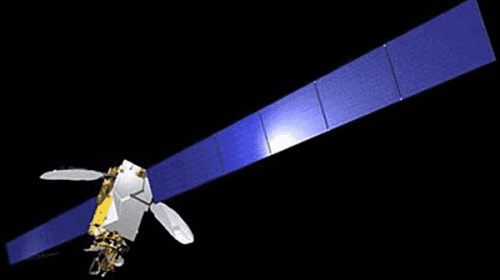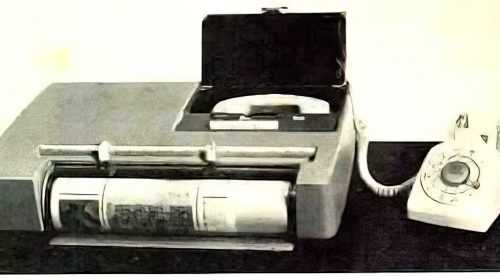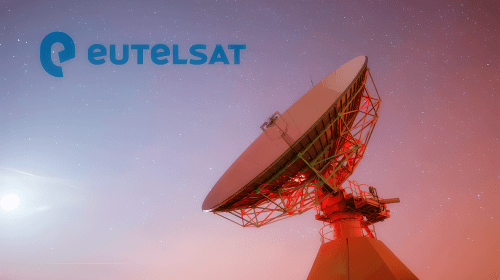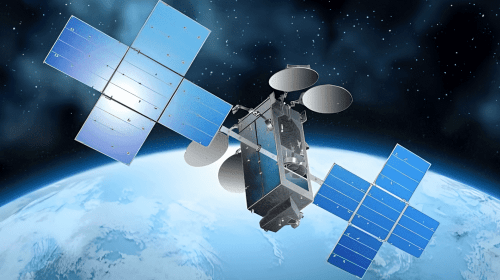Astroscale Aims for ADRAS-J to Commercial Space Junk Removal
Oct 06, 2023
Astroscale is ready to make history by approaching and inspecting an orbiting piece of space debris with its ADRAS-J spacecraft. However, the mission’s ride to space with Rocket Lab has been delayed as the launch provider juggles a busy manifest.
 Astroscale’s ADRAS-J. Photo: Astroscale
Astroscale’s ADRAS-J. Photo: Astroscale
ADRAS-J, short for Active Debris Removal by Astroscale-Japan, will conduct the world’s first rendezvous and proximity operations with a large orbital object no longer under control. The demonstration paves the way for Astroscale’s future commercial debris removal services. Although the spacecraft is primed for launch, Rocket Lab has paused missions temporarily to focus on other projects. A new target launch date will be determined once Rocket Lab’s schedule clears up.
ADRAS-J represents the first phase of Japan’s Commercial Removal of Debris Demonstration program (CRD2) spearheaded by the Japan Aerospace Exploration Agency (JAXA). Astroscale was awarded the contract in 2020 to perform this groundbreaking mission. During the demo, ADRAS-J will rendezvous with an unused H-IIA rocket upper stage in orbit since 2009 without docking. It will showcase Astroscale’s ability to safely approach and inspect inactive space debris, laying the foundation for future removal.
Astroscale Chief Engineer Gene Fujii explained the complex technologies involved in debris rendezvous, including launch, absolute navigation, relative navigation using onboard sensors, and fly-around observation. Unlike Astroscale’s previous ELSA-d mission which docked with a cooperative target, ADRAS-J will interact with an inert piece of debris. This requires precise autonomous maneuvering without support from the object.
“There isn’t any spectacular new hardware or technology. What’s unique is the way we assembled everything as a system and got it to work to do this mission, because this mission has never been done before,” he said. “We had to figure out what hardware, software, and integration [was] needed.”
At around 150 kg, ADRAS-J is equipped with articulating solar arrays, green monopropellant thrusters, and an advanced sensor suite with cameras, LiDAR, laser ranging, and more. Fujii said integrating the systems seamlessly was a bigger challenge than the individual hardware. Astroscale expects to complete the major demo objectives within 3-6 months after launching aboard an Electron rocket. But Rocket Lab’s scheduling issues have placed that timeline on hold.
Nonetheless, ADRAS-J remains a pivotal step in Astroscale’s roadmap for routine orbital sustainability services by 2030, said CTO Mike Lindsay. It builds on ELSA-d’s success and pushes rendezvous technologies further. While government interest is strong, Astroscale Business Development VP Chris Blackerby said the commercial market is still developing. Inspection of aging satellites could become a valuable service for operators.
As orbital congestion increases, Astroscale’s on-demand debris removal abilities will help ensure a sustainable space environment. But Rocket Lab’s launch delays are temporarily slowing ADRAS-J’s progress. ADRAS-J puts Astroscale at the forefront of demonstrating innovative ways to combat the growing threat of space debris.
Astroscale is a space sustainability company headquartered in Tokyo, Japan. Founded in 2013 by Japanese entrepreneur Nobu Okada, Astroscale is developing innovative technologies for on-orbit servicing and active debris removal. Their goal is to create sustainable space systems and ensure a safe space environment for future generations. Astroscale demonstrated its groundbreaking docking and proximity maneuvers with the ELSA-d mission in 2021. With a diverse international team, Astroscale is leading the way in responsible and sustainable space utilization.

